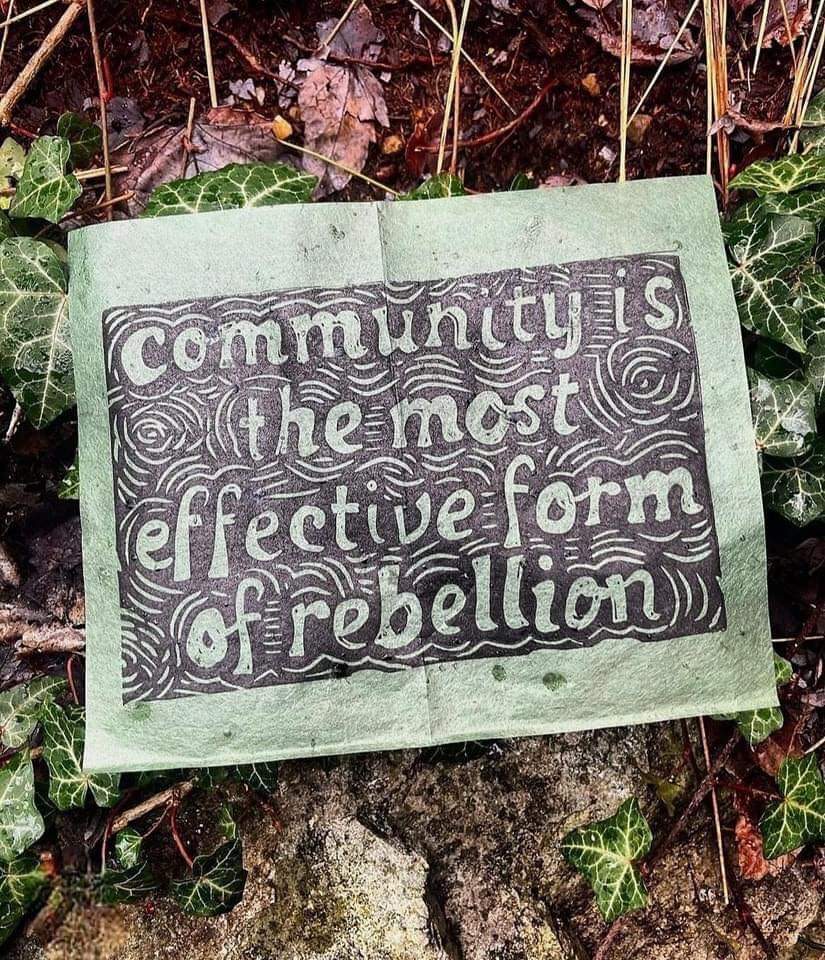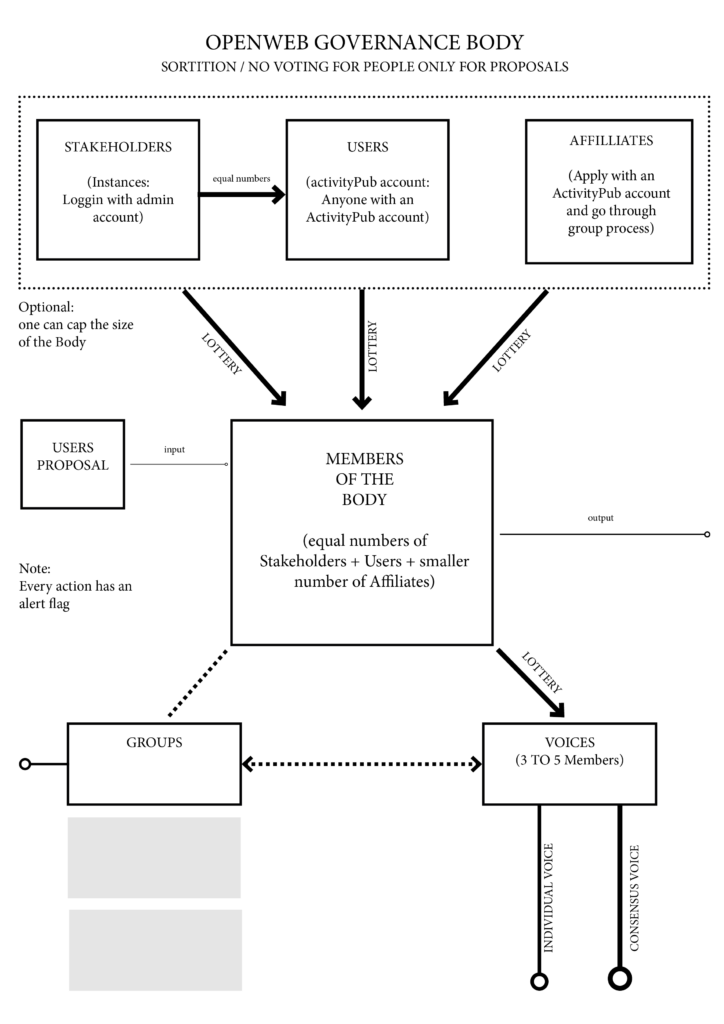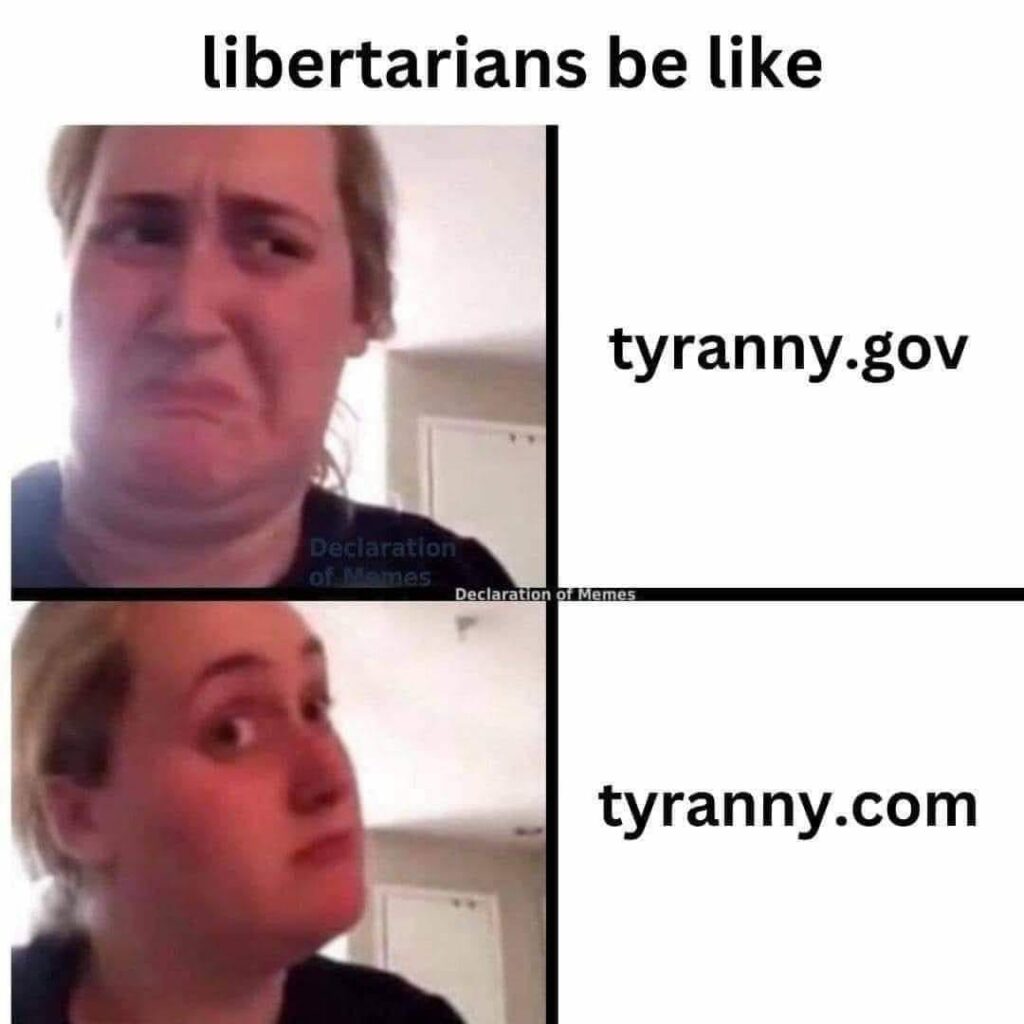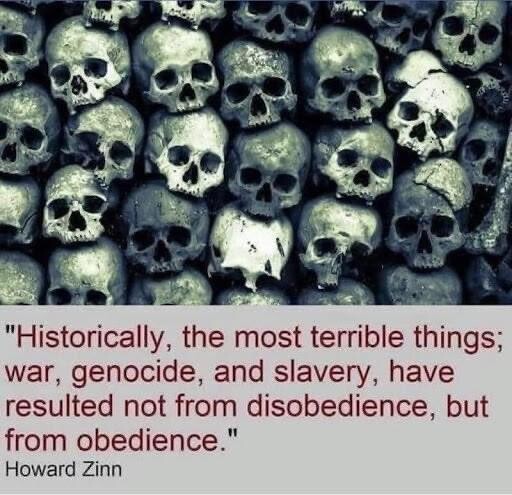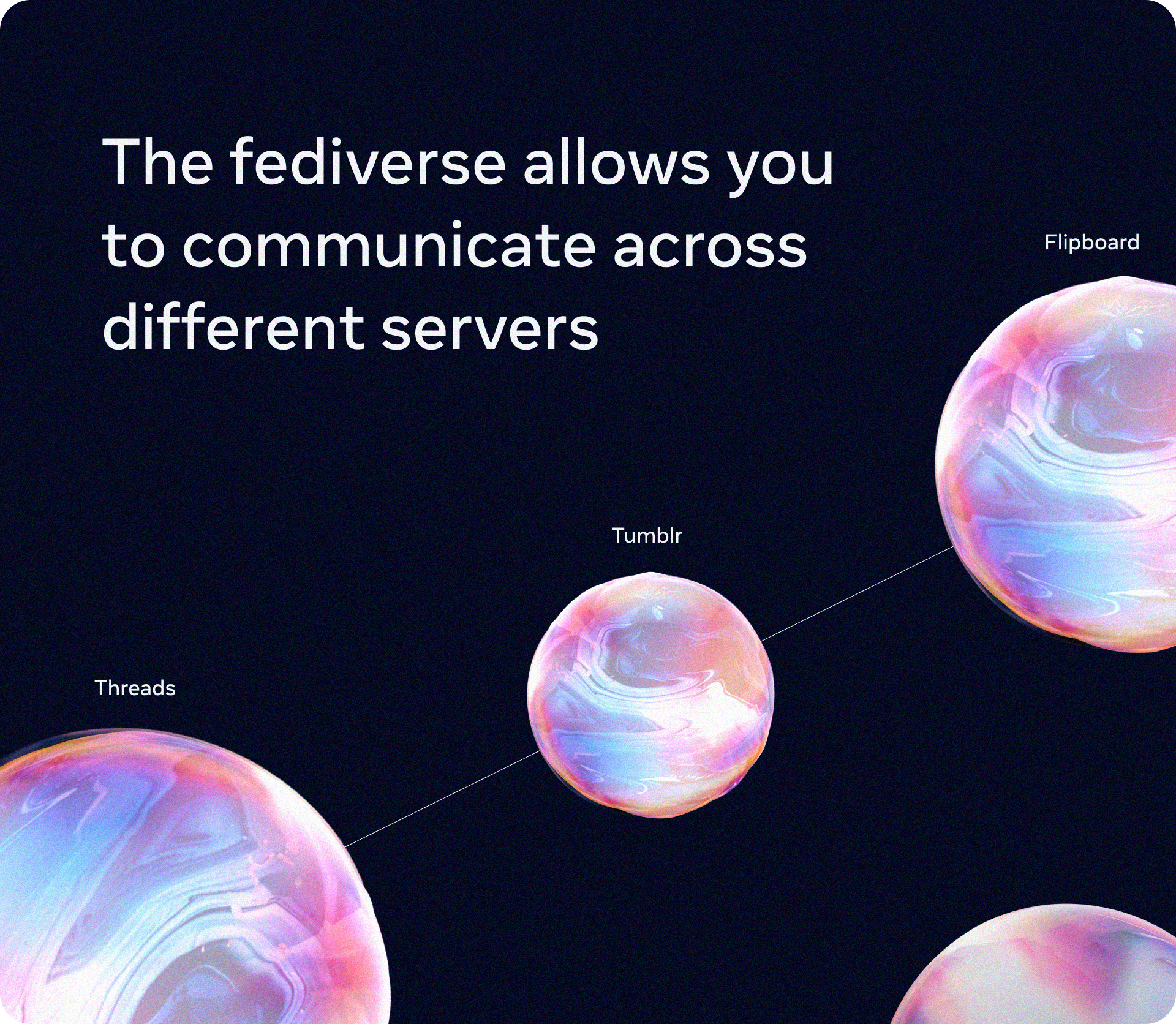In the online spaces I navigate, there’s no shortage of #fashernistas crowding the conversation, diverting focus from the native #openweb paths we urgently need to explore. They take up space and ultimately block more than they build. Then there’s the #geekproblem: while geeks get things done within narrow boundaries, they’re rigidly resistant to veering beyond their lanes, dogmatically shutting down alternatives to the world they’re so fixated on controlling. This produces a lot of #techshit, occasionally innovations, but with more that needs composting than the often limited value they create.
Then there are the workers, many of whom default to the #NGO path. Their motivations lean toward self-interest rather than collective good, masking this in liberal #mainstreaming dressed up as activism. At worst, they’re serving the #deathcult of neoliberalism; at best, they’re upholding the status quo. This chaotic mix dominates alternative culture, as it always has, and the challenge is one of balance. Right now, we have more to compost than we have to plant and build with.
What would a functioning alternative to this current mess in alt paths look like? Well we don’t have to look far as there is a long history of working alt culture, and yes I admit it “works” in messy and sometimes dysfunctional ways, but it works. What can we learn and achieve from taking this path and mating it with modern “native #openweb technology, which over the last five years has managed in part to move away from the #geekproblem with #ActivityPub and the #Fediverse.
Blending the resilience and collective spirit of historical alternative cultures with the new strengths of federated, decentralized tech solutions like ActivityPub and the Fediverse, the path we need to take:
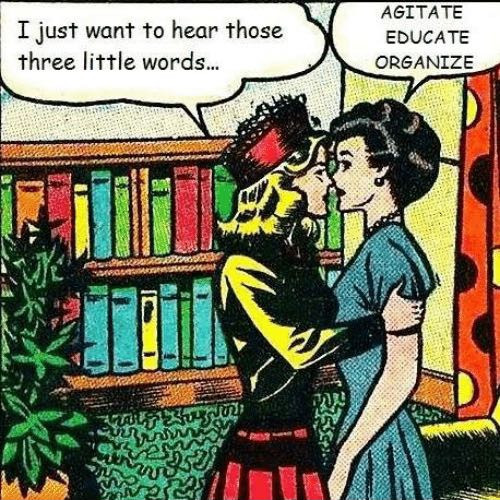
- Community-Centric Design: Historically, alternative cultures prioritize more communal, open, and egalitarian paths. The path out of this mess need to be rooted in this ethos, a new alt-tech landscape could leverage federated technology to avoid centralization and corporate control, emphasizing community ownership. The Fediverse, with its decentralized model, embodies this shift, each instance is a unique community with shared norms, which helps to protect against centralized censorship and allows diversity without imposing a single dominant path.
- Resilient, Messy, and Organic Growth: A #KISS lesson from traditional alternative spaces is that success doesn’t require perfect order. Alt-culture spaces thrive on a degree of chaos and adaptability, which enables rapid response to new challenges and paths. This messiness aligns with how decentralized systems function: they’re, resilient, while letting communities develop their own norms and structures while remaining connected to a larger network.
- Mediating the #Geekproblem: A key challenge in the tech space is overcoming the “problem” geeks, where technical cultures focus narrowly on technical functionality at the expense of accessibility and inclusiveness. ActivityPub and Fediverse have shifted this by prioritizing people-centric design and by being open to non-technical contributions. Integrating more roles from diverse social paths—designers, community, activists—can bridge gaps between tech-focused and community-focused paths.
- Using #4opens Principles: The “#4opens” is native to #FOSS philosophy—open data, open source, open process, and open standards—guide this ecosystem. By adopting transparency in governance and development, communities foster trust and accountability. This openness discourages monopolistic behavior, increases collaboration, and enables #KISS accountability.
- Sustainable Engagement Over Growth: Unlike the current #dotcons model that focuses on endless growth and engagement metrics, the alternative path prioritizes quality interactions, trust-building, and meaningful contributions. This sustainable engagement path values people’s experience and community health over data extraction and advertising revenue.
- Leveraging Federated Technology for Cross-Pollination: ActivityPub has shown that federated systems don’t have to be isolated silos; they can be connected in a openweb of interlinked communities. Just as historical alt-cultures drew strength from diversity and exchange, the Fediverse path allows for collaboration and cross-pollination between communities while maintaining autonomy.
By integrating these native #openweb principles, we create an alt-tech ecosystem that is democratic, inclusive, and resistant to the mess that currently plague #mainstreaming and some alt-tech paths. This hybrid path allows tech to serve communities authentically, fertilising sustainable growth and meaningful, collective agency that we need in this time to counter the mainstream mess.
